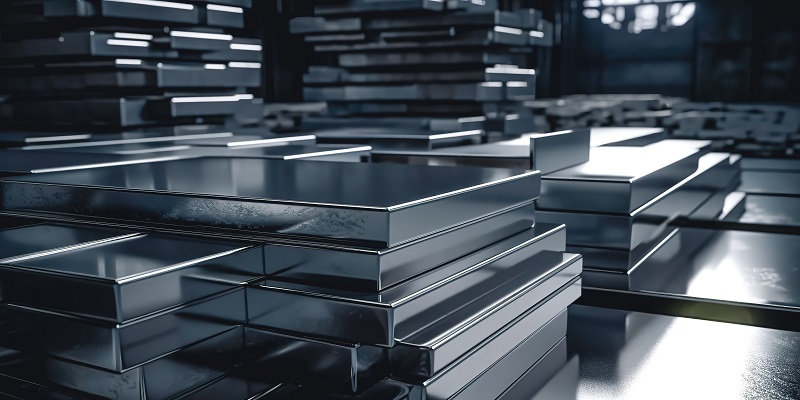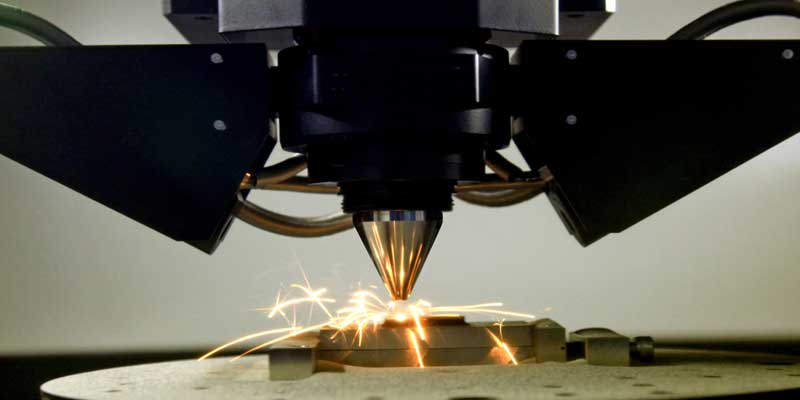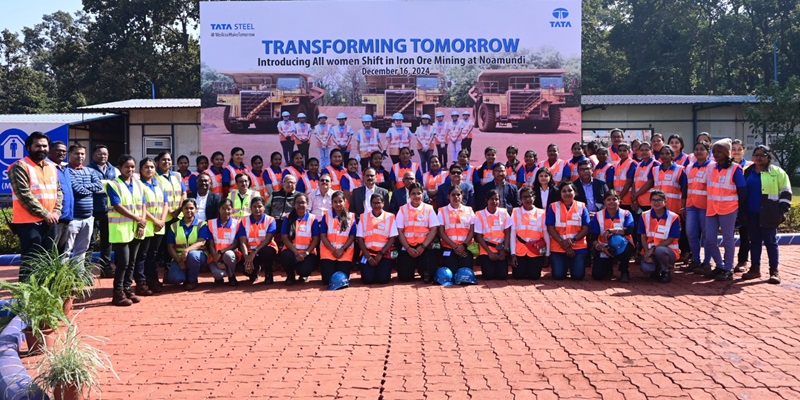Schedule a Call Back
Green Steel firms poised for growth as EU carbon tariffs approach
 Industry News
Industry News- Nov 12,24

Related Stories

The 3D metal revolution
India is rapidly emerging as a frontrunner in the world of 3D metal printing, a technology that is reshaping the way industries approach manufacturing. From aerospace to automotive, healthcare to de..
Read more
India’s first all-women shift at Tata Steel’s iron ore mine
Tata Steel inducted 9 transgender HEMM operators at Noamundi Mine.
Read more
Hannover Messe 2025: 5,000 firms to showcase production solutions of the future
The focus of Hannover Messe 2025 is on the interaction of robotics, artificial intelligence, drive technologies, sovereign data spaces (Manufacturing X), renewable energies, hydrogen, and a host of ..
Read more










